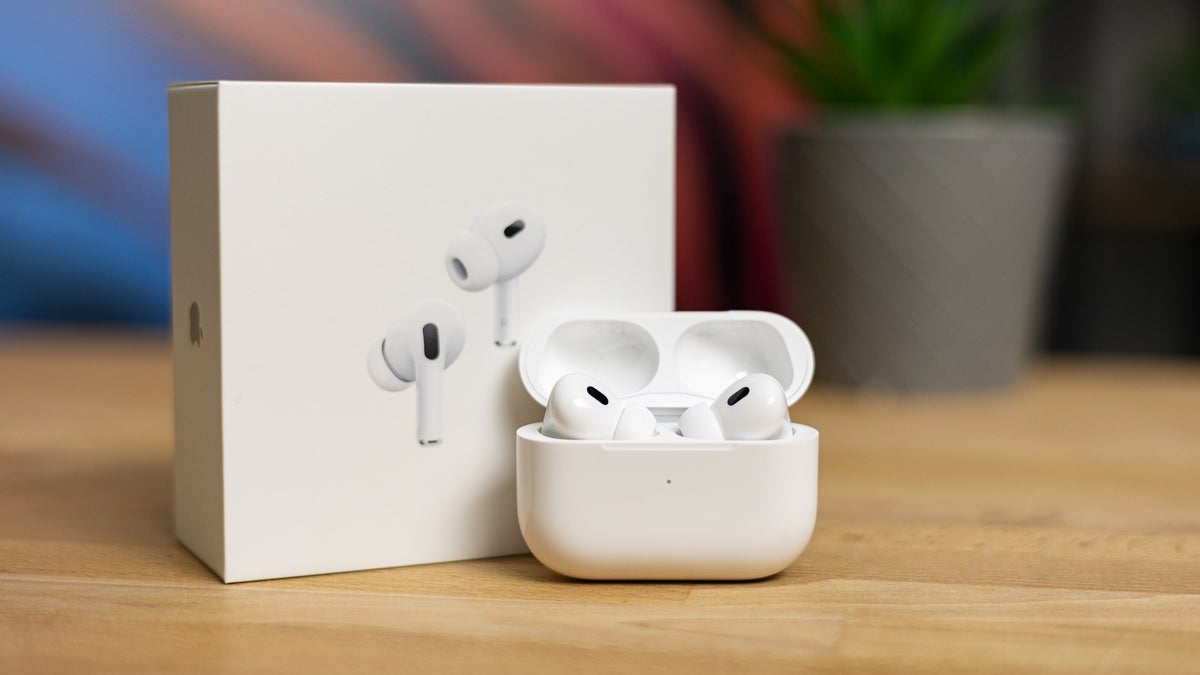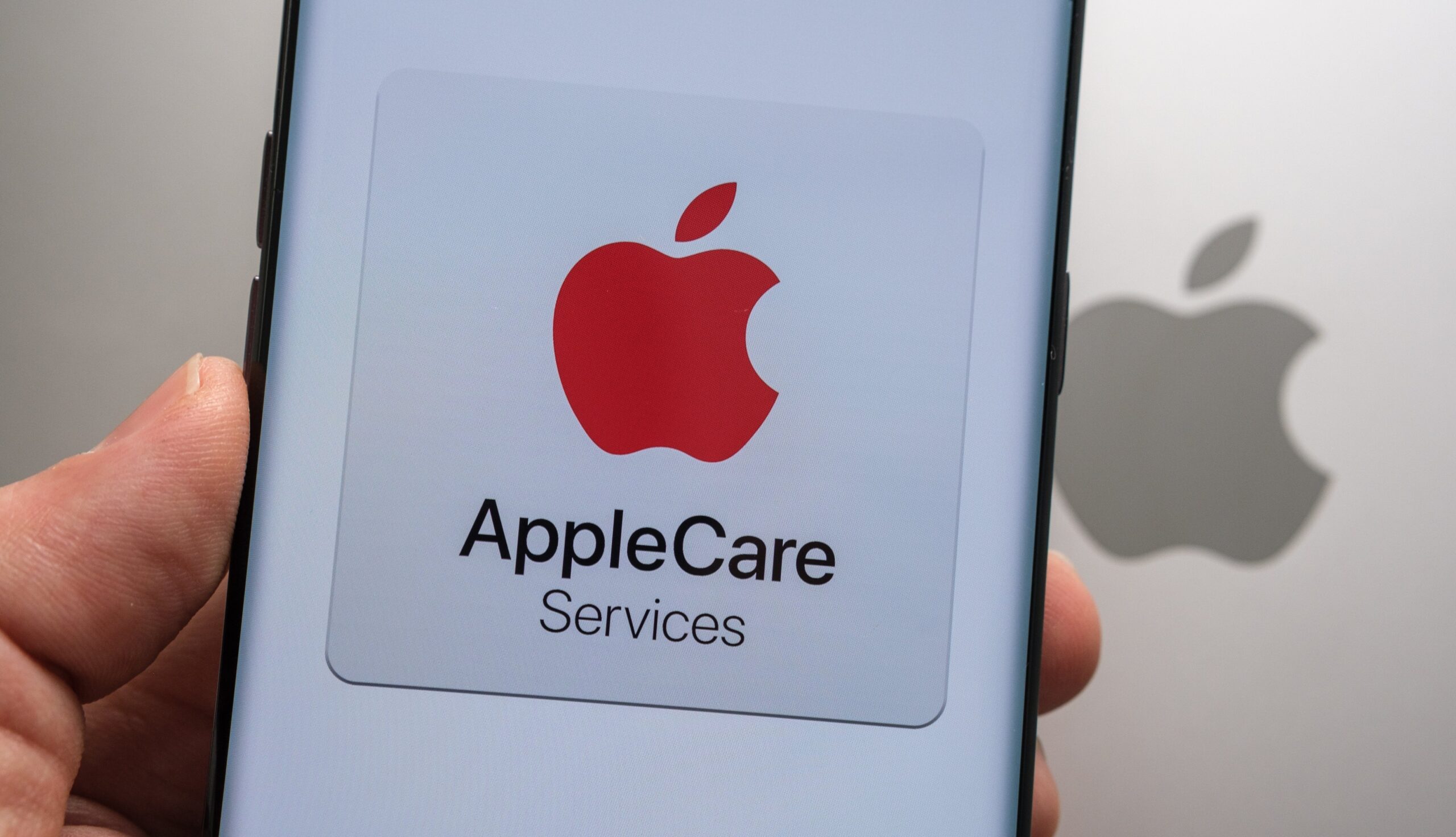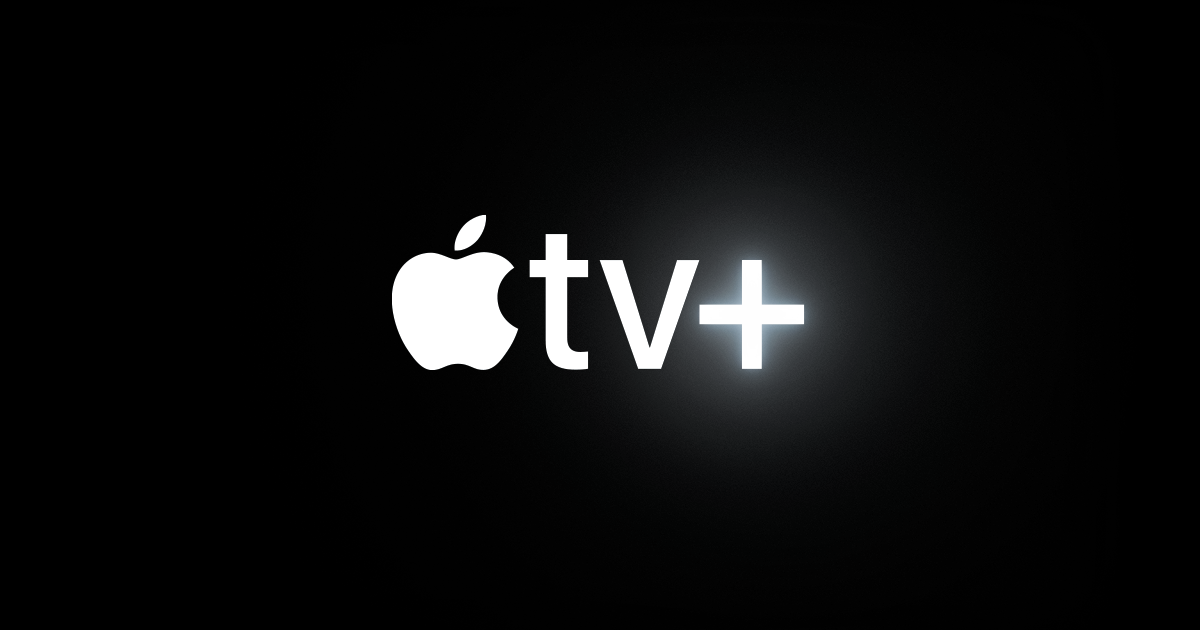Bloomberg’s Mark Gurman has revealed that Apple is working on a new type of AirPods that include cameras. Don’t expect to see this in the upcoming AirPods Pro 3, but the tech is definitely on the way. The big question is, what’s the purpose?
Exploring Visual Intelligence
With the iPhone 16, Apple introduced a feature called Camera Control, which not only helps in taking photos but also brings something called Visual Intelligence. This allows your phone to understand and interact with the world around you. For example, you could scan an event poster and add the details to your calendar or use AI to learn about something new.
Apple seems to want to extend this capability to AirPods. Imagine being able to ask Siri about your surroundings without even touching your phone. This move is part of Apple’s strategy to stay competitive in the AI technology race.
Enhancing Audio Experience
Ming Chi Kuo, a known tech analyst, suggests these cameras could also improve how we experience spatial audio, especially when used with devices like the Apple Vision Pro. If you’re watching a video and turn your head, the audio could shift to match your new perspective, making the experience more immersive.
There’s also a wild card idea from Kuo about “in-air gesture control” for AirPods, which sounds like something out of a sci-fi movie.
When Will We See Them?
According to Gurman, don’t hold your breath for these camera-equipped AirPods until at least 2027, possibly with the AirPods Pro 4. Apple’s vision includes not just these AirPods but also smart glasses, aiming to make use of the costly technology developed for the Vision Pro. This would help in understanding and interacting with the environment around the user.
In summary, Apple’s exploration into adding cameras to AirPods might revolutionize how we interact with our devices, enhancing both utility and entertainment through smarter, more contextual technology.





